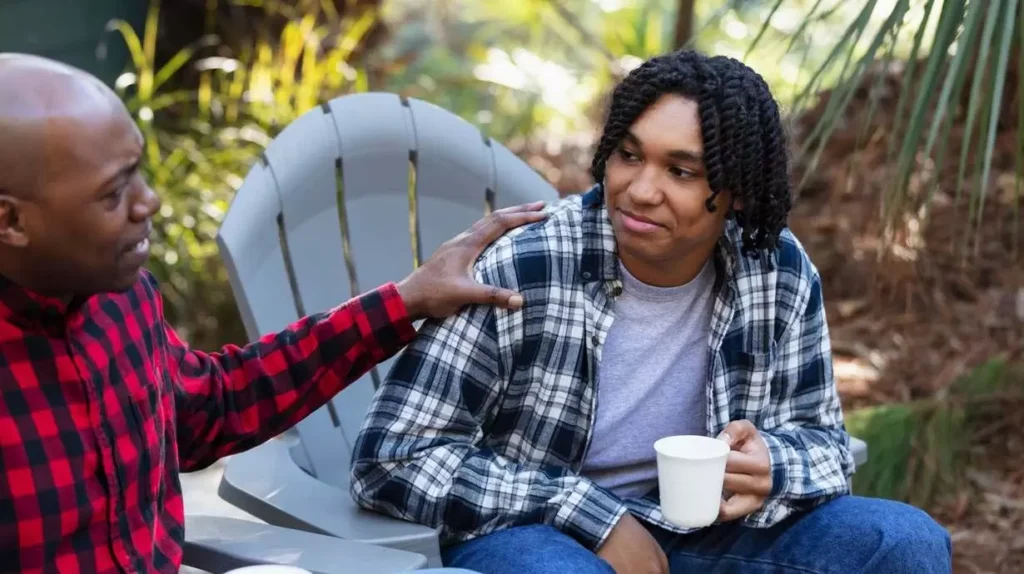Plan regular verbal check-ins. Elcott suggests asking open-ended questions that give teens an opportunity to share problems they’ve encountered on the road. “By asking these questions, you get your child to open up and hopefully talk about what happened, without having to say, ‘I noticed you slammed on the brakes at 2:45 p.m. Here’s my proof.’ You can.”
Conversation tip: Lead with questions. “It’s good to ask questions out of curiosity, like, ‘How was driving today?'” Elcott suggests. “Or you could start by telling a story about something you saw while driving.”
Address concerns with compassion. When reviewing the app’s driving insights, talk about how it made you feel, says von Staden. This may be a good way to encourage self-reflection rather than making the adolescent feel like they are being interrogated. “Try saying something like, ‘I saw someone going 15 miles over the speed limit this morning, and it scared me,'” she says. “Then give your child space to think and respond.”
Conversation Tip: Rely on your own experience. Sharing your own experiences on the road is a way to continue the conversation while imparting important knowledge and skills. “Hearing rich stories about how more experienced drivers handled challenges can help you learn defensive driving skills,” Elcott says.
Collaborate on solutions. While isolated sudden braking events are not cause for alarm (and may be the result of defensive driving), patterns and trends over multiple driving days can signal that it’s time for creative problem solving. may mean. For example, a sudden acceleration or sharp turn on the way to school may force your teen to get out the door a few minutes early in the morning.
Tip: Let them test and develop their own solutions. Elcott said after being cited for his speeding habits, he tried several different ways to deal with the problem, including changing his music. “I’ve noticed a difference in how I drive when I’m listening to rock or anything uplifting,” she says. “But if you play something calm, lo-fi, or something with a slow rhythm, it also drives slower.”
Resist the urge to over-correct. Von Staden says it’s helpful to think of your role as that of a supportive coach when discussing driving safety with your teen. “Our natural desire as parents is to solve our children’s problems, but that can lead to overcorrection,” she says. “But as children grow up, our role changes to one of guidance. Rather than finding and correcting every little mistake, driving apps are used to guide children to become responsible drivers. You should.”
Conversation Tip: Talk to the other person, not at them. Elcott says it’s important to leave space for teens to talk about things they encounter while driving. “If you want teen drivers to be safer, if you want teen drivers to do something, it’s a two-way conversation.”
Verizon Family allows you to continue conversations offline and increase awareness online.
*Verizon Family does not detect all travel events or collisions, and does not contact 911 if a collision is detected.

